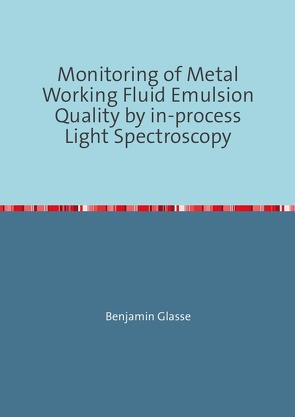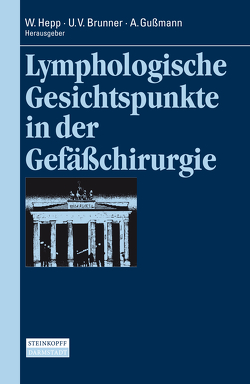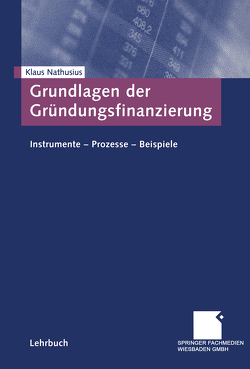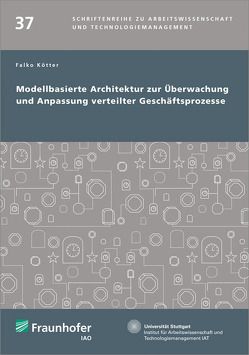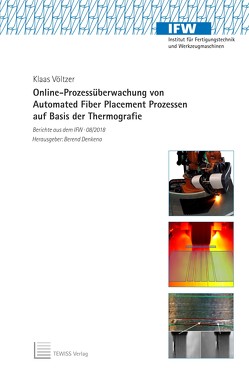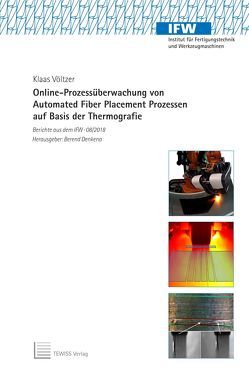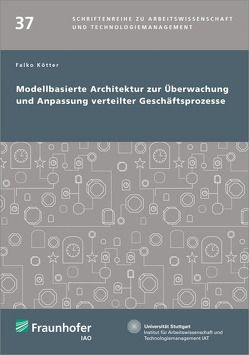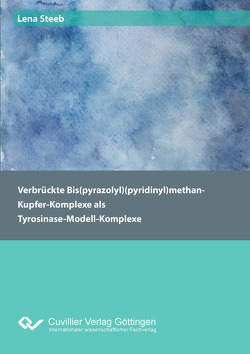ScattPort Series / Monitoring of Metal Working Fluid Emulsion Quality by in-process Light Spectroscopy
Benjamin Glasse
Emulsion systems have widespread industrial application from supporting media for
cooling or lubrication in production and manufacturing processes to products or ingredients in
the food or pharmaceutical industry. The maintenance and control of stability of process
emulsions during fabrication and use (life time) is a key factor for the quality of certain production
processes as well as for the acceptance of the product (e.g. sensoric attributes of
creams or milk). The evaluation of the quality and stability of an emulsion is a necessity to
increase the environmental and ecological balance of production processes by a decreased
amount of disposed or treated emulsion.
This thesis will evaluate UV-Vis spectroscopy as an optical analysis and monitoring
technique for the determination of the physical stability of sub-micron oil-in-water emulsions
used in the metal working industry. Therefore, numerical inversion algorithms will be derived
and applied on model emulsion systems and metal working fluids (MWF) to analyse changes
in emulsion drop size distribution. The temporal change of the wavelength exponent will be
evaluated on MWF during several weeks of application in machining processes to monitor the
long term quality and stability of a MWF.
The integration of a MWF quality measurement system into an automated in-line machining
process Emulsion Process Monitor (EPM) will be outlined.
